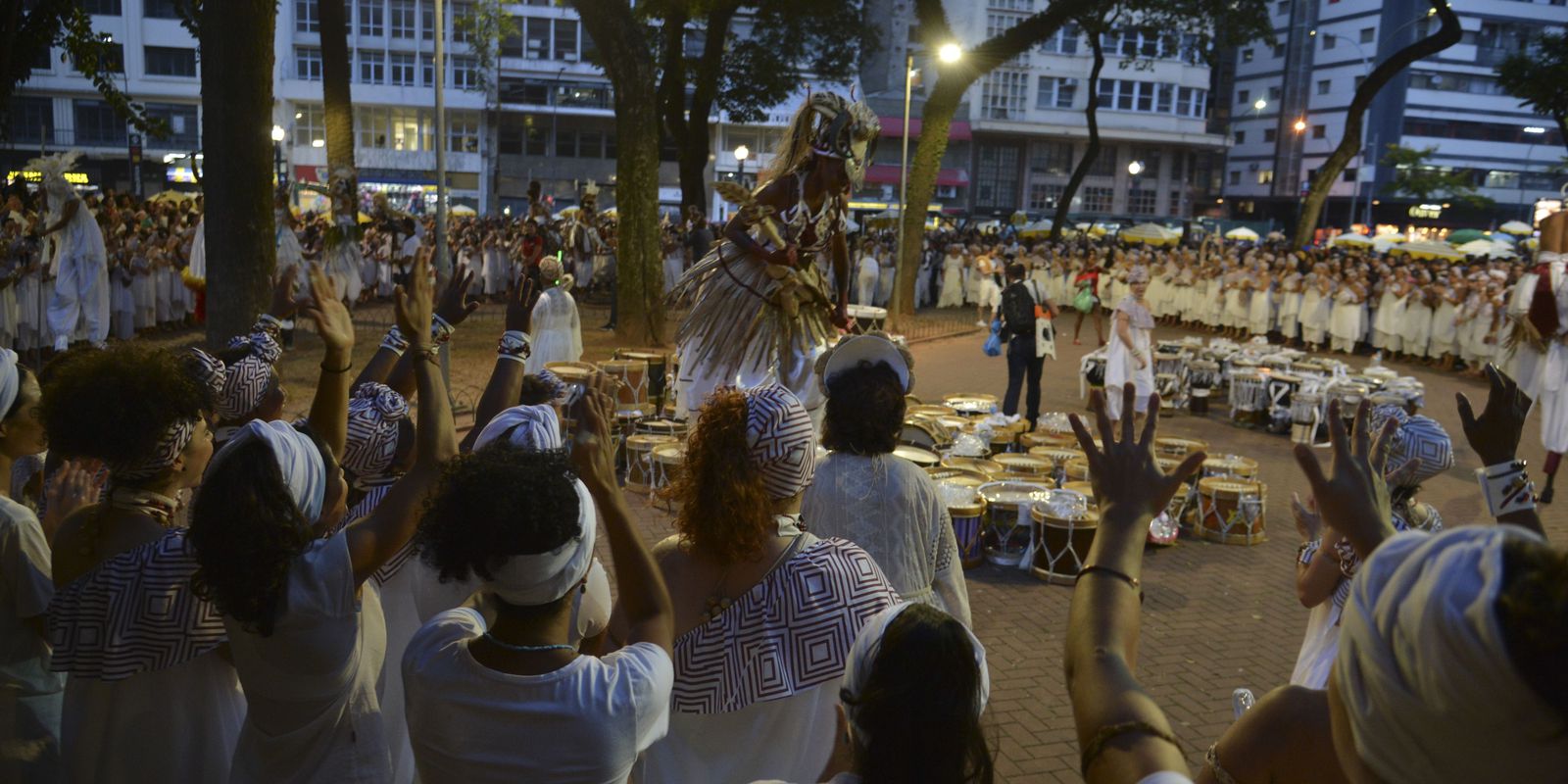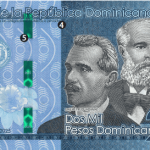This Tuesday (21), when the International Day for the Elimination of Racial Discrimination is celebrated, the federal government will announce seven measures to promote racial equality in the country. Among them is the titling of three quilombola areas that have been waiting for two decades for regularization: Brejo dos Crioulos (MG), Lagoa dos Campinhos (SE) and Serra da Guia (SE). In addition, the government will also formulate actions to combat violence against religions of African origin and will create a program to protect young black people.
The date also marks the 20th anniversary of the creation of the Special Secretariat for Policies for the Promotion of Racial Equality (Seppir), the first body with the status of a ministry focused on racial issues in Brazil, founded in 2003, during the first term of President Luiz Inácio Lula da Silva. Silva. In the current mandate, the Ministry of Racial Equality was created.
In a publication on social networks this morning, Lula highlighted that there should be no room for intolerance in democratic spaces.
Today we will celebrate 20 years of racial equality policies in Brazil at the Palácio do Planalto with the launch of a package of measures to combat racism. There should be no room for intolerance in democracy. We will fight racism together. Good morning.
— Lula (@LulaOficial) March 21, 2023
The measures will be announced at 3 pm by President Lula, accompanied by the Minister of Racial Equality, Anielle Franco, and other ministers, at the Planalto Palace. The event will be broadcast by TV Brazil.
The package of actions involves titling quilombola areas and creating working groups to expand access for black students to universities, reduce murders of young black people and value Afro-Brazilian culture.
See the measurements below:
Quilombolas
– President Lula will sign the title of three quilombola areas that have been waiting for two decades for regularization: Brejo dos Crioulos (MG), Lagoa dos Campinhos (SE) and Serra da Guia (SE). The Aquilomba Brasil program will be announced, which will promote the rights of quilombola peoples to land, productive inclusion, quality of life, local development and citizenship. It is estimated that around 1 million people are quilombolas.
access to university
– Decree will create an inter-ministerial group to prepare the National Program of Affirmative Actions, which aims to expand the access and permanence of black students in undergraduate and graduate courses, in addition to establishing reservations for vacancies in public bodies.
Reduction of homicides
– Decree provides for a working group to create the Black Youth Alive Plan, which aims to reduce the number of murders, inequalities and social vulnerabilities among black youth aged 15 to 29 years.
Valongo Wharf
– Creation of an on-site center for the enhancement of African heritage. More than one million slaves passed through Cais do Valongo, in the port region of Rio de Janeiro and a historical heritage of humanity.
Combating religious racism
– Formulation of actions to combat violence in relation to African-based religions and terreiro peoples. In total, the working group will have representatives from 13 bodies and nine civil society organizations.
Matter amended at 8:16 am to include President Lula’s statement on social media.















